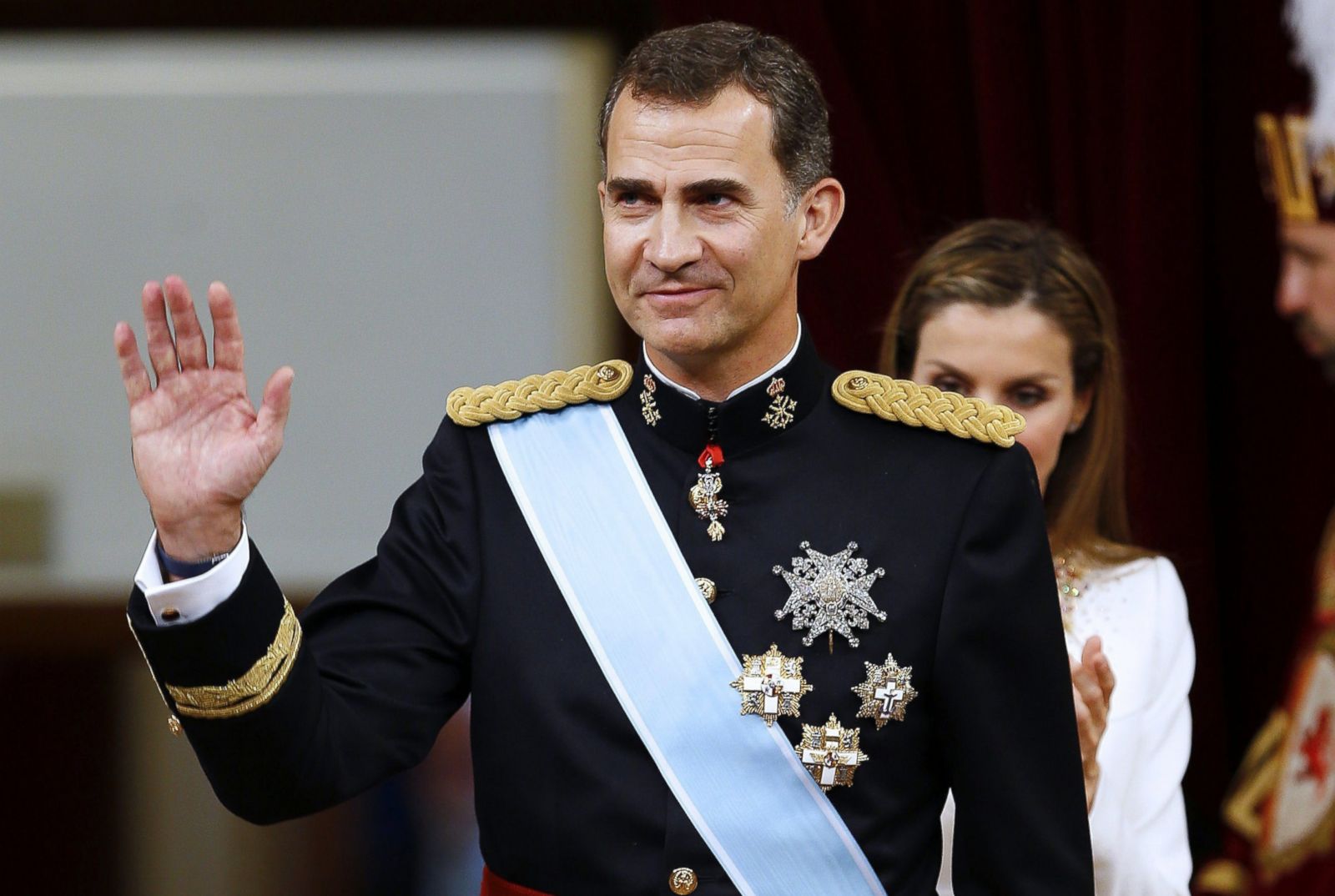Historical Significance: King Of Spain

The King of Spain and the Spanish monarchy have played a pivotal role in shaping the nation’s history, culture, and identity. The monarchy traces its roots to the Middle Ages, and over the centuries, Spanish kings have presided over some of the most significant events in the country’s history.
The Spanish monarchy reached its zenith during the reign of the Habsburg dynasty in the 16th and 17th centuries. Under the Habsburgs, Spain became a global empire, with vast territories in Europe, the Americas, and Asia. The Spanish monarchy also played a key role in the Catholic Reformation, and Spain became a bastion of Catholicism in Europe.
Key Events and Eras, King of spain
- 1469: Marriage of Isabella I of Castile and Ferdinand II of Aragon, marking the unification of Spain.
- 1492: Christopher Columbus discovers the Americas under the patronage of the Spanish monarchy.
- 1516: Charles I of Spain becomes Holy Roman Emperor, ushering in the Habsburg dynasty’s reign over Spain.
- 1588: Spanish Armada defeated by the English, marking the decline of Spanish naval power.
- 1700: War of the Spanish Succession begins, leading to the end of the Habsburg dynasty and the establishment of the Bourbon dynasty.
- 1808: Napoleon Bonaparte invades Spain, leading to the Peninsular War and the abdication of King Ferdinand VII.
- 1814: Ferdinand VII restored to the throne, marking the beginning of the Bourbon Restoration.
- 1898: Spanish-American War results in Spain losing its remaining overseas colonies.
- 1931: Second Spanish Republic declared, ending the monarchy.
- 1975: Death of General Franco and restoration of the monarchy under King Juan Carlos I.
- 2014: King Juan Carlos I abdicates, and his son Felipe VI becomes King of Spain.
Role of the King
The role of the King of Spain has evolved over time. In the past, the king was an absolute monarch, with absolute power over the country. However, over time, the power of the monarchy has been reduced, and today the King of Spain is a constitutional monarch, with limited powers.
The King of Spain is the head of state and the commander-in-chief of the armed forces. He also has the power to dissolve parliament and call for new elections. However, the King’s powers are largely ceremonial, and he does not play a direct role in the day-to-day running of the government.
The King of Spain, Felipe VI, is known for his diplomatic skills and commitment to social causes. His reign has been marked by a focus on economic development and social justice. In a recent interview, he spoke about the importance of sports in promoting teamwork and healthy lifestyles.
He specifically mentioned the accomplishments of Jacoby Jones , a former American football player known for his exceptional speed and agility. The King praised Jones for his contributions to the sport and his dedication to giving back to his community.
King Felipe VI of Spain, a keen tennis enthusiast, is said to have been impressed by the performance of Carlos Alcaraz, who recently slams his way to victory at the US Open. The young Spaniard’s triumph is a testament to the rising stars of tennis and the enduring legacy of the King’s passion for the sport.